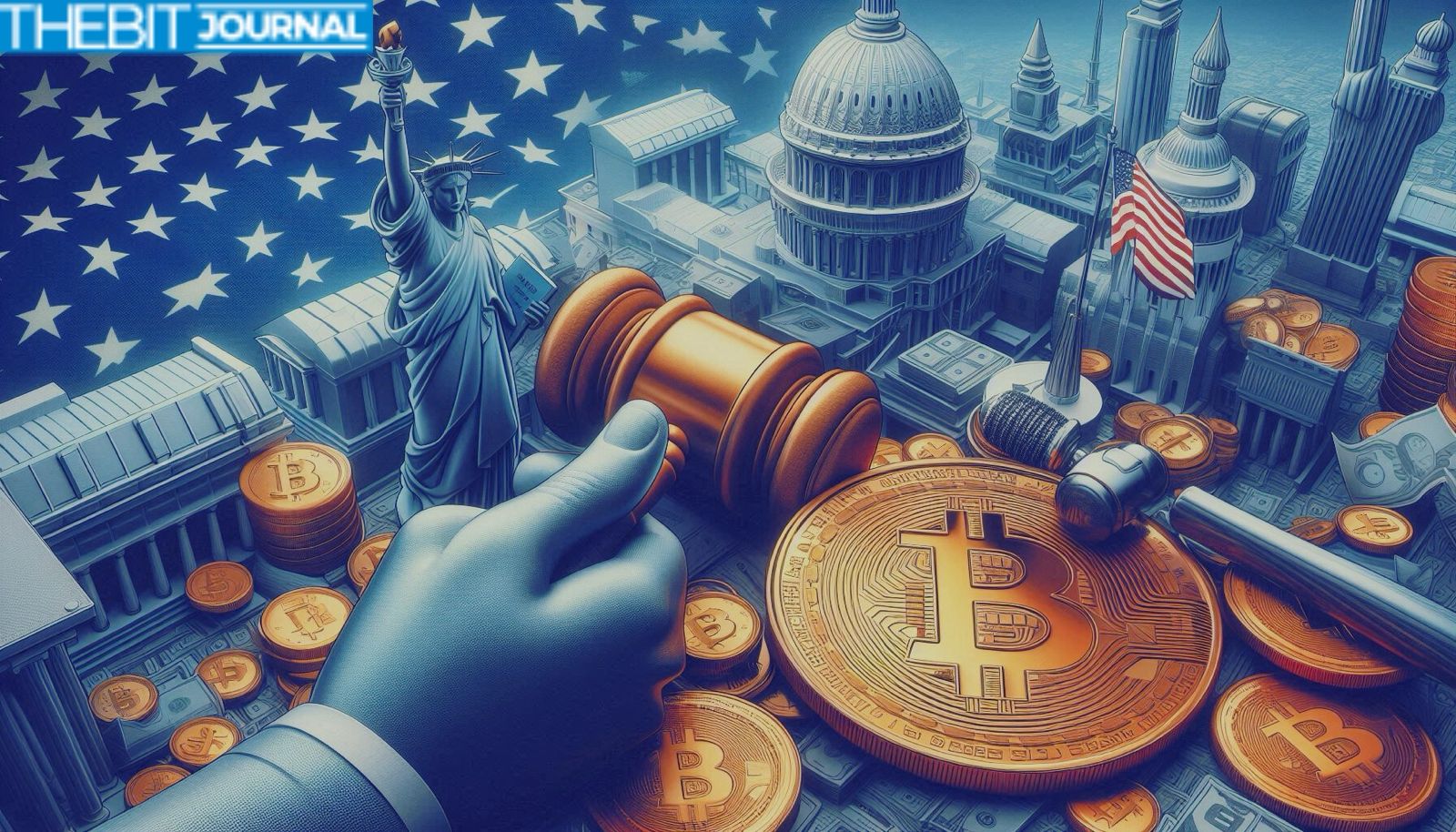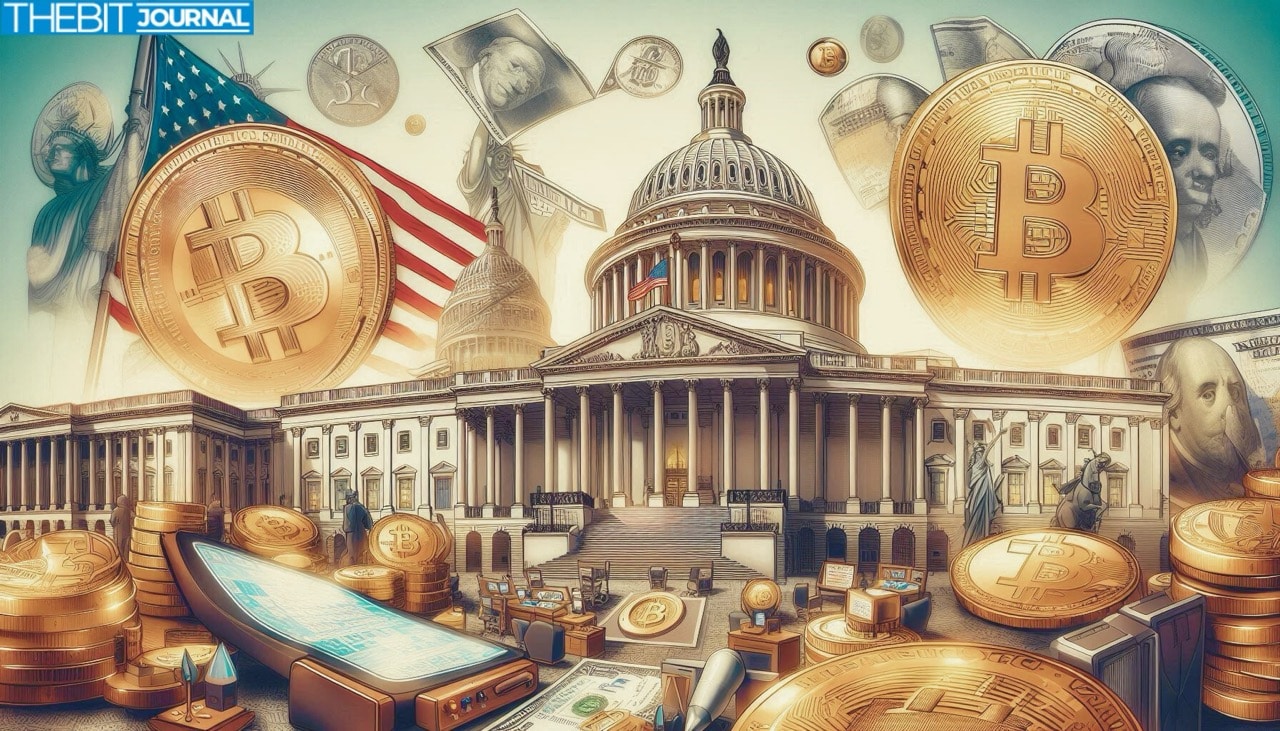According to news reports, Lawmakers in Minnesota and Alabama have filed new legislation that would allow their states to hold Bitcoin reserve as part of official reserves joining a growing list of 26 U.S. states exploring similar crypto-friendly financial frameworks. This week’s proposals represent a continued effort by state legislatures to integrate Bitcoin into long-term investment and retirement planning policies.
Based on available data, as of early April, Arizona remains the closest to passing legislation to officially include Bitcoin in state treasury reserves. Yet, the entry of Alabama and Minnesota adds significant weight to the momentum behind state-level Bitcoin adoption.
Minnesota Bitcoin Act: Crypto in Retirement and Tax Incentives
On April 1, Minnesota Republican Representative Bernie Perryman introduced the Minnesota Bitcoin Act (HF 2946), a legislative proposal aimed at authorizing the state’s investment board to allocate public funds into Bitcoin and other digital assets.
The bill, which mirrors a similar version introduced in the state Senate on March 17 by Senator Jeremy Miller, outlines provisions that would enable state employees to include cryptocurrencies in their retirement portfolios, exempt crypto capital gains from state income taxes, and allow residents to use Bitcoin for paying state taxes and service fees.

The proposal would place Minnesota among the few states considering direct integrations of crypto assets into core financial and administrative systems. If passed, the act could serve as a model for how states enable both public sector and individual participation in the digital economy.
Alabama Introduces Twin Crypto Bills With a Bitcoin Focus
On the same day as Minnesota’s filing, Alabama lawmakers introduced two companion bills; Senate Bill 283 by Republican Senator Will Barfoot and House Bill 482, co-sponsored by a bipartisan group led by Republican Representative Mike Shaw. Though these bills do not explicitly mention Bitcoin, they include a key eligibility requirement: only cryptocurrencies with a market capitalization exceeding $750 billion qualify for state investment.
Currently, Bitcoin is the only digital asset that meets this criterion, effectively narrowing the state’s crypto investment options to BTC alone.
This strategy allows Alabama to future-proof its legislation by not locking into one asset name, while still limiting risk exposure to the most established cryptocurrency. The twin bill approach also ensures smoother navigation through Alabama’s bicameral legislative process.
Bitcoin Reserve Bills Expand Across U.S. Legislatures
With Minnesota and Alabama joining the push, 26 U.S. states have now introduced Bitcoin reserve-related legislation, reflecting the growing interest in decentralized financial integration at the state level. While some states are moving swiftly, others have faced resistance.
Arizona is currently the furthest along, with its Bitcoin reserve bill advancing through key legislative stages. Pennsylvania was among the first to propose a Bitcoin reserve law in November 2024, but the initiative was eventually voted down. Similar bills were also rejected in Montana, North Dakota, South Dakota, and Wyoming.
According to Barron’s, these legislative outcomes often align with partisan divides, with many red states attempting to drive innovation and financial sovereignty through digital asset experimentation—frequently encountering pushback from opposition parties.
Expert Insight: Analysts React to State-Level Bitcoin Adoption
As more U.S. states step into the crypto policy space, analysts are watching closely to understand how state-level Bitcoin investment might affect adoption trends, market sentiment, and long-term strategy.
JW, Analyst at Galaxy Digital, noted in a recent industry panel:
“Whether for strategic, portfolio diversification, or trade settlement reasons, Bitcoin will begin finding a home on the balance sheets of major corporate and sovereign allocators. Competition among nation states, particularly unaligned nations, those with large sovereign wealth funds, or even those adversarial to the United States, will drive the adoption of strategies to mine or otherwise acquire Bitcoin.”
Financial lawyer Sheila Warren added:
“Even if just a handful of these bills pass, the precedent could be powerful. It signals that Bitcoin is being recognized not just as a speculative asset, but as a fiscal instrument with practical utility.”
The momentum also highlights a wider trend of states exploring tech-driven financial autonomy—a direction that could encourage federal policy acceleration.

Conclusion
The introduction of Bitcoin-focused bills in Minnesota and Alabama is an important moment in the evolution of state-level crypto policy in the United States. With 26 states now considering Bitcoin reserves, the conversation is no longer theoretical; it’s legislative. While obstacles remain, including political opposition and regulatory uncertainty, states are making clear that they want a seat at the digital finance table.
As Arizona inches closer to passing its own Bitcoin reserve law, other states may follow suit, potentially reshaping the future of public fund management. Whether these proposals become law or serve as prototypes for broader adoption, one thing is clear: Bitcoin’s role in government financial infrastructure is no longer a fringe idea; it’s an emerging trend.
Follow us on Twitter and LinkedIn, and join our Telegram channel.
FAQs
What is the Minnesota Bitcoin Act?
It’s a legislative proposal that would allow Minnesota’s investment board to invest state funds in Bitcoin and other cryptocurrencies while also offering tax exemptions and crypto-based tax payments.
Are these bills limited to Bitcoin?
Alabama’s bills don’t name Bitcoin explicitly but restrict eligible investments to cryptocurrencies with a $750B market cap—which currently applies only to Bitcoin.
How many states are proposing Bitcoin reserve laws?
As of now, 26 U.S. states have introduced legislation aimed at creating state-held Bitcoin reserves.
Which state is closest to passing a Bitcoin reserve law?
Arizona currently leads the legislative pack and is the most likely to pass a Bitcoin reserve law soon.
Glossary
Bitcoin Reserve: A government or institution’s allocation of public funds into Bitcoin as part of official assets.
Companion Bill: Identical or nearly identical bills introduced simultaneously in both legislative chambers to accelerate passage.
Market Capitalization: The total value of a cryptocurrency’s circulating supply multiplied by its current price.
Crypto Retirement Account: A pension or retirement savings plan that includes cryptocurrencies as part of its asset mix.





























